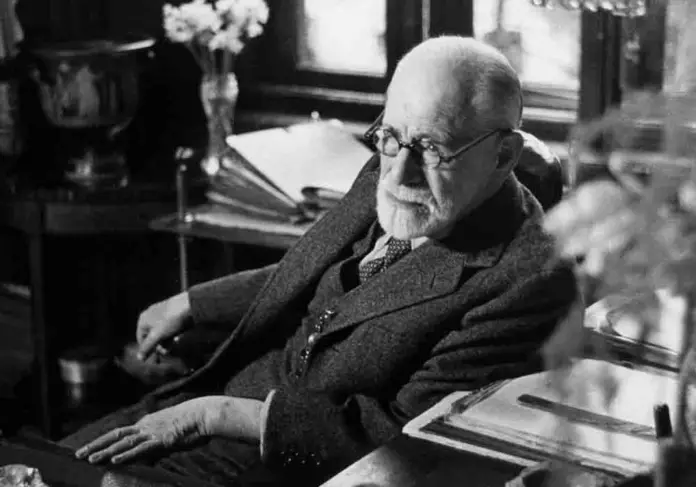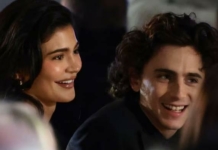Psychology is a subject having a brief history despite its existence since the beginning of time. Once merged with philosophy without a separate identity, psychology underwent significant modifications for its much-needed development. Searching for mental peace through spirituality, the Muslim philosophers considered it the study of the soul, a phenomenon that can only be felt and not seen. Humans have a history of rejecting the concept of their evolving mentality, often connecting it to matters related to God and soul.
A scientific laboratory demands something that can be examined and sensed by the fingertips. The soul, however, cannot be tested. The definitions underwent several changes after the rejection of the concept of soul. Psychology was later known as the study of mind and consciousness for a lengthy period, eventually being abandoned on the same basis.
The final and the current definition describes the subject as the study of behavior which gives us an insight into how and why literature and psychology are interlinked. The endless variety of literary classics offers a descriptive look into the world of boundless human emotions. Psychology covers the feeling of infatuation, frustration, jealousy, hatred, the urge to seek revenge and refuge under the umbrella of sentiments. Have we ever encountered one piece of literature that ignores these aspects? Each deals with reactions, miseries, desires, fears, perception formation, including social and personal concerns.
Psychology focuses on a scientific explanation of behavior. Literature provides ground through superstitious events, adding the gothic element and completely neglecting scientific reasons. The literary world is a blend of fantasy and real emotions felt by real people.
William Shakespeare’s ‘Hamlet’ is the perfect example of the contrast between mental disturbances (which are explainable through psychology) and superstitious occurrences (which is among the common themes of literary classics).
The highly acclaimed play was the talk of the town and reflected the beliefs of that era. However, the rise of scientific explanation viewed the wicked events as unreal. The two subjects have separate points of view regarding creativity. In literature, creativity is a poem, and it resides in the strokes of the brush against a plain canvas giving birth to a masterpiece. It’s an essay, a debate, a documentary. It is the explanation of nature and its aspects. However, in psychology, creativity has different ways as it studies the reasons or processes a person goes through to come up with a visionary outcome.
Let’s talk about a theory reflected in the literary works to add weight to the presented argument or comparison. Originally put forward by Muslim philosophers and later claimed by Freud, the three levels of mind are another example of how the two subjects are interlinked. The theory talks about ID, EGO, and SUPEREGO. ID gains the upper hand in childhood, and the child receives everything it desires without delay or reason. An individual’s age of adjusting to their surroundings and learning the difference between right and wrong is named EGO.
This level of the mind wants to stay within the bounds of society’s approval. However, it ignores those boundaries when alone. SUPEREGO is the strongest of these and puts the other levels in check. It knows what’s wrong is wrong and refuses to budge.
Literature talks about all these levels in an overly dramatized way portrayed by human beings. The classics show a character struggling to stay sane if his desires are unreachable or suppressed. He tries to achieve them through black magic and, in some works, summons the devil. As far as I’ve read, the superego seems to be non-existent in the world of literature as most writings show the character figuring out a way to meet his suppressed desires. An example to support this argument is the philosophical novel ‘The Picture of Dorian Gray’ by Oscar Wilde.
The piece contains the elements of both drama and psychology as it shows the swift transformation of intensely portrayed sentiments following the lead character’s uncontainable hunger for more, as he strives for physical gratification, manipulated by the intense stream of emotions and morally unusual thought processes.
These two subjects have played a vital role in shaping personalities and describing them in the light of countless theories and literary works. Every classic stands on the foundation of natural psychological processes, which have given us history’s most outstanding characters. As the article comes towards an end, it won’t be wrong to mention that the two significant subjects cease to exist without one another.







